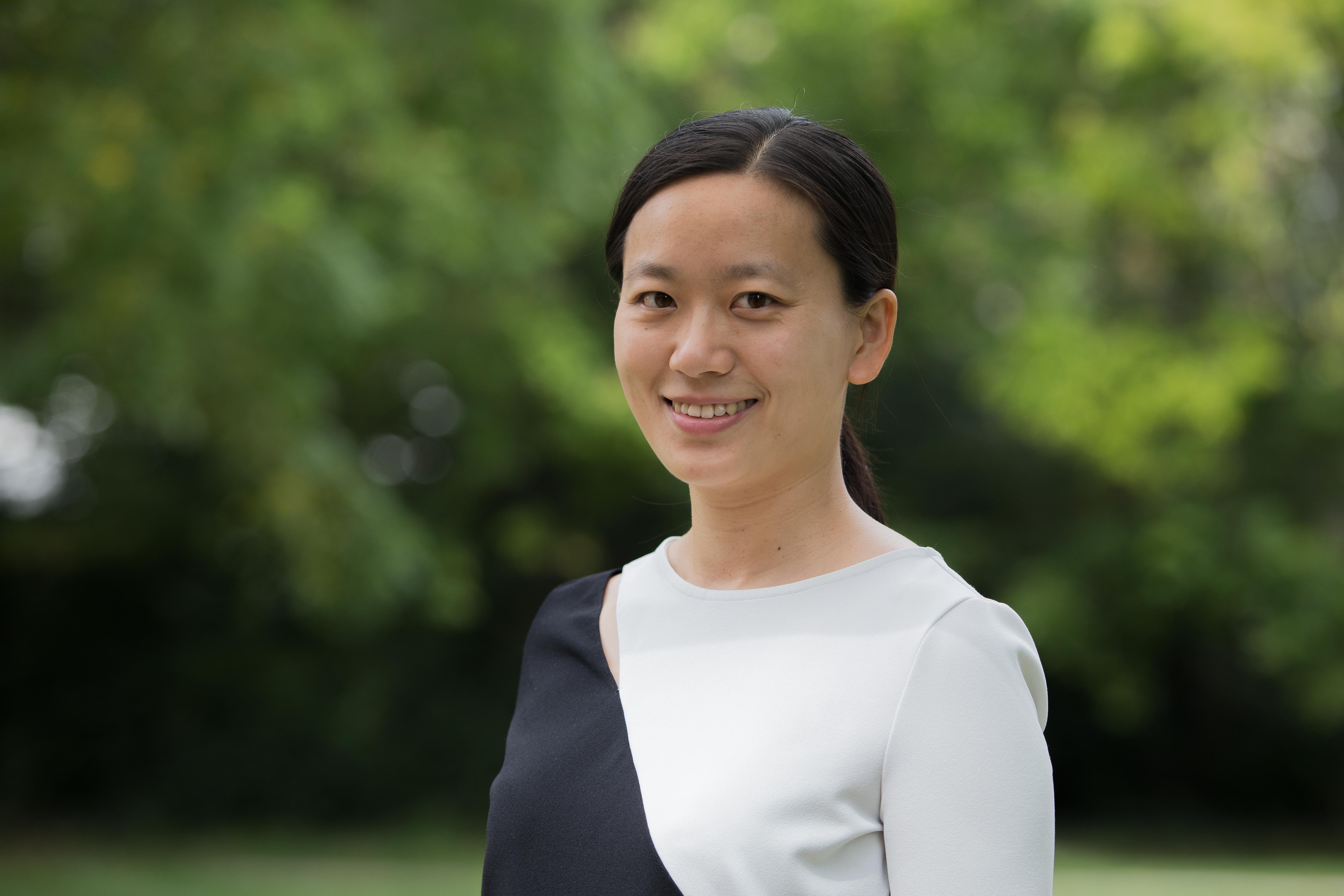By Richard LeComte
 LEXINGTON, Ky. – Yuan Zhou, assistant professor of mathematics in the University of Kentucky’s College of Arts & Sciences, has received a $179,768 grant from the National Science Foundation through July 31, 2023.
LEXINGTON, Ky. – Yuan Zhou, assistant professor of mathematics in the University of Kentucky’s College of Arts & Sciences, has received a $179,768 grant from the National Science Foundation through July 31, 2023.
The grant is titled “Collaborative Research: Next-Generation Cutting Planes: Compression, Automation, Diversity, and Computer-Assisted Mathematics.” Zhou is researching the interface of global optimization, computational semialgebraic geometry, computer-assisted theorem proving and software verification in ways that promise to improve “the training of undergraduate and graduate students in computational mathematics and research skills, as well as development of high-quality open-source research software.”
“Students will increase their proficiency with the real-world programming language Python and with software design principles that are relevant in the industry,” Zhou said. “This will prepare them for computational research and industry careers. We plan to make the developed algorithms available under a free software license, so that they will be accessible and useful for the larger mathematics community.
Mixed-integer optimization is a powerful mathematical decision-making technology related to operations research, data sciences and artificial intelligence, Zhou said in her grant statement.
“This project considers applications in which high-stake decisions need to be made quickly and account for unknown future events or risks. In such applications, simulation methods and machine learning cannot give sufficient confidence for protecting against the possibility of catastrophic failures,” she said.
“Instead, one requires multi-parametric optimization to precompute responses, certify their safety and guarantee the level of performance. In this direction, the investigators will study a key component of optimization algorithms called ‘general purpose cutting planes’ in a novel multi-parametric setting suitable for process control in chemical engineering and optimizing compilers for high-performance computing platforms, aiming for major theoretical and computational advances that will generalize to many important applications.”
Research reported in this publication was supported by the National Science Foundation under Award Number 201249. The opinions, findings, and conclusions or recommendations expressed are those of the author(s) and do not necessarily reflect the views of the National Science Foundation.
